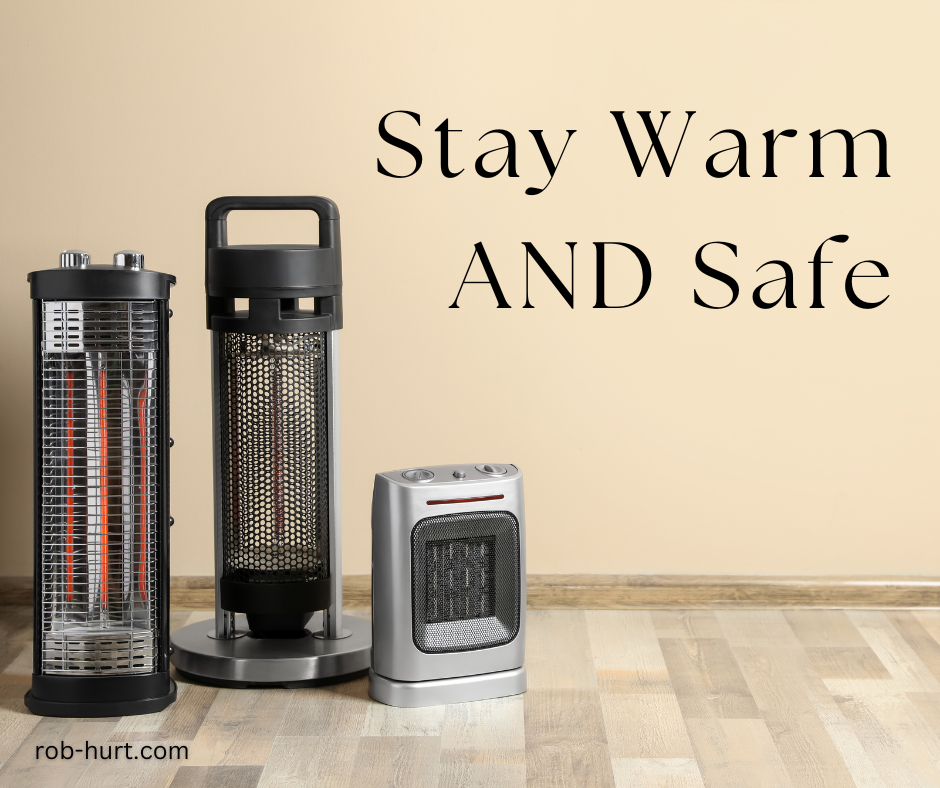When winter temperatures drop, many homeowners turn to space heaters for additional warmth in their homes. While these portable heating solutions can be effective, especially in spaces like finished basements, converted attics, and home offices, it’s crucial to understand how to use them safely.
Understanding Space Heater Safety
Supplemental heating can make challenging spaces more comfortable, but it’s important to know both the benefits and responsibilities that come with space heater use. Let’s explore the essential guidelines that every homeowner should follow.
Essential Safety Guidelines
1. Strategic Placement is Key
The most important factor in space heater safety is proper positioning. Maintain at least 3 feet of clearance from any furniture, curtains, or decorative items. Always place heaters on solid, flat surfaces – never on carpets or rugs.
2. Size and Space Considerations
Choosing the right size heater is crucial for both safety and efficiency. Follow this simple formula: calculate 10 watts per square foot of space you want to heat. For example, a 150-square-foot home office would need a 1,500-watt heater for efficient warming.
3. Power Management
Here’s a critical safety tip: never use extension cords with space heaters. Direct wall outlet connections are the only safe option. If you find yourself needing an extension cord, that’s usually a sign that you should reconsider the heater’s location.
4. Smart Features for Modern Homes
Today’s space heaters often come with built-in safety features that make them more secure and efficient:
- Automatic shut-off mechanisms
- Tip-over protection
- Smart phone controls
- Eco modes for energy efficiency
Energy Cost Considerations
When choosing a heating solution, it’s important to consider long-term costs. A typical space heater running 8 hours daily can add about $50 to your monthly electric bill. However, newer models with Eco Mode features can cut these costs by up to 50% – an important factor when choosing your heating solution.
Home Heating Tips
When evaluating your home’s heating needs, pay attention to areas that might benefit from supplemental heating:
- Rooms that feel consistently colder than others
- Areas that might need additional insulation
- Spaces where central heating doesn’t quite reach
Understanding space heater safety is crucial for winter comfort and security. By following these guidelines, you can keep your home both warm and safe during the colder months.
—
*This article was inspired by safety guidelines from Shivani Vyas’ recent publication on space heater safety (November 2024).*


 Facebook
Facebook
 X
X
 Pinterest
Pinterest
 Copy Link
Copy Link


